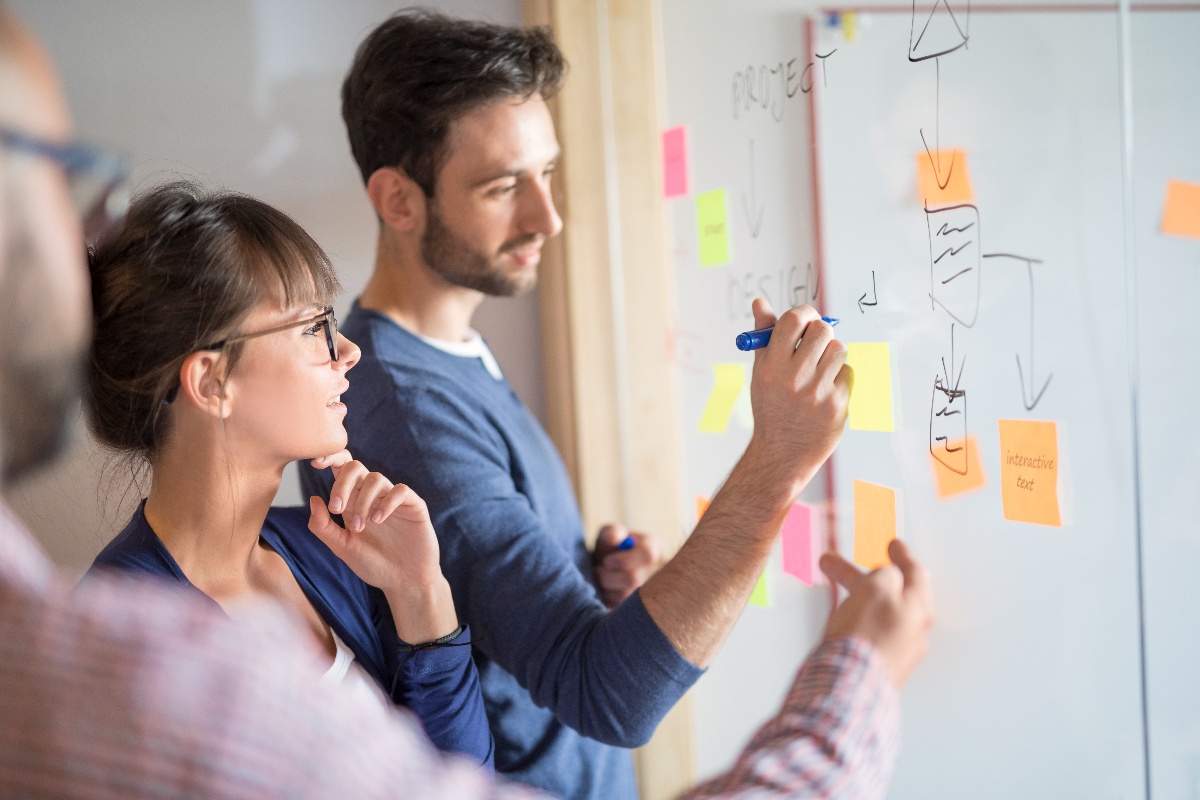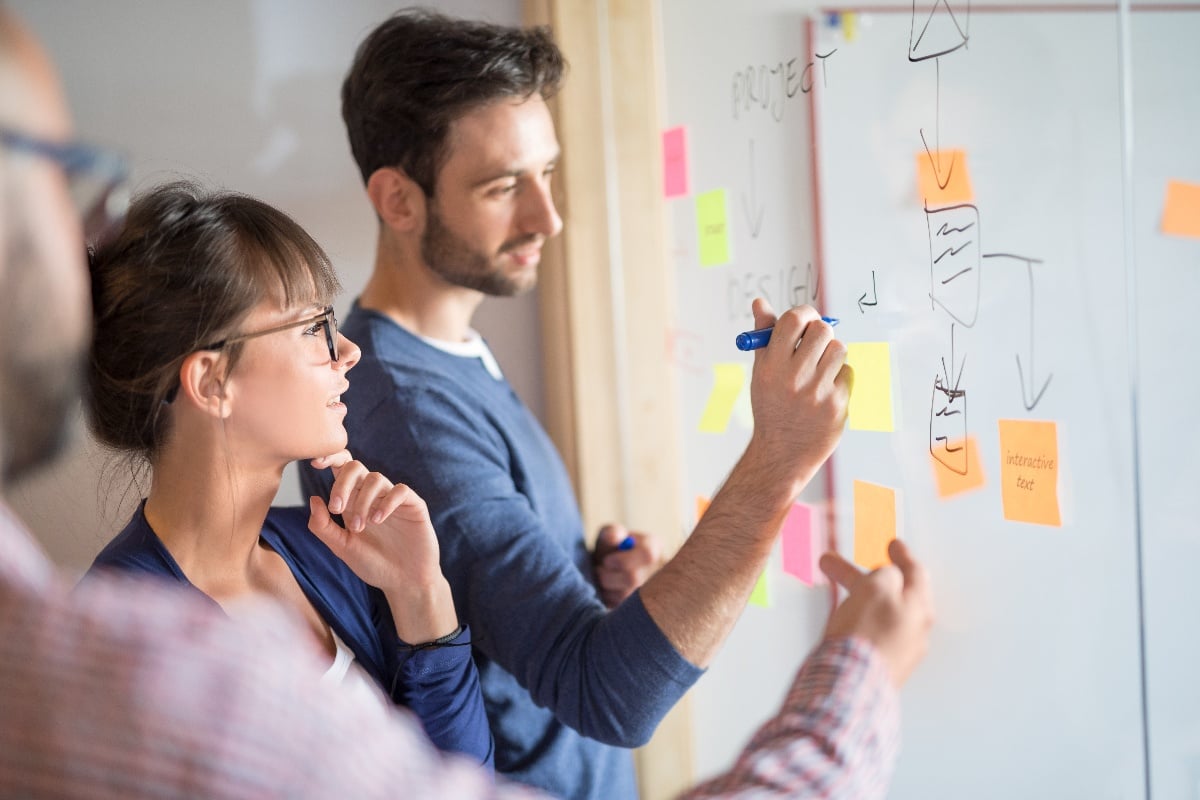 Noted author Gary Renard has referred to our world as a “psycho planet.” Looking at even just a few of the events occurring in the world today supports his unusual perspective.
Noted author Gary Renard has referred to our world as a “psycho planet.” Looking at even just a few of the events occurring in the world today supports his unusual perspective.
For instance, one can ask why political parties do battle with one another instead of working together to produce the greatest good for the most people? After all, in most nations elected officials are put in power to represent their constituents, not their parties. Why do some foreign governments justify, much less practice, genocide aimed at eliminating certain cultures or sub-cultures — as is happening to the Uyghurs in today’s China. Why do women continue to earn a fraction of what men in the same job earn, even though the disparity has been discussed for decades? Why is the infant mortality rate in the U.S. nearly five times higher among people of color than among others? Where’s the common sense and native intelligence we expect others to have, but are so often disappointed?
If these questions and others like them concern you, it’s time to seriously consider becoming part of the solution. One way to do this is to gather the tools and experience needed to become a social entrepreneur or a social innovator — a person who can make a concrete difference and create impact in the world.
The forces that perpetuate the “psycho planet” mode of thinking and behaving are powerful. Trying to battle them without the knowledge, experience and training needed to become an effective social innovator usually leads to missed goals and disappointment. For that reason, we at the Joan B. Kroc School of Peace Studies encourage you to master those forces through our Master of Arts in Social Innovation, also known as MASI. With a MASI degree under your belt, you’ll be positioned to bring about the powerful social changes our world needs.
Access our guide: WHAT IS SOCIAL INNOVATION? A GUIDE FOR ACTIVISTS AND CHANGEMAKERS INTERESTED IN RESPONSIBLE BUSINESS AND SOCIAL CHANGE
Why Social Innovation?
Social innovation is a multifaceted approach to change that can illuminate the darkness that seems to dominate so much of life. Experts at the Kroc School point out that social innovation requires novel thinking — new ideas, processes, strategies or organizational models that meet societal needs in a better way than the existing solutions.
Others say it is a process that develops and deploys effective solutions to systematic social problems, either to solve them or manage them to advance social progress.
Yet others define social innovation as the efforts to develop new (or resurrect old!) ways to make the world a more just, equitable, and habitable place.
In every case, the foundational idea is change, and the MASI program delivers what you need to become an effective change agent.
How MASI Prepares Students for Success
The MASI program is one of just a few curricula in the U.S. that prepares students to become social innovators. Here are just a few of the ways the MASI degree can help you…
First, it’s important to note that our professors are actively involved in innovative work and research. As a result, they teach from practical, first-hand experience. We have a diverse collection of professors and guest lecturers who have created social impact in the U.S. and globally within nonprofits, for-profits, NGOs, B-corps and informal settings. You can learn a great deal from these experienced professional social innovators.
Second, to be an effective change leader, you must have the opportunity to apprentice with the type of problems you hope to solve. Through experiential learning and real-world projects, MASI students refine the skills necessary for effective problem identification and problem-solving. Students have access to a variety of opportunities to put their learning into action, including a social innovation practicum in which students act as consultants for organizations focused on a particular social issue.
Students also receive first-hand training in field-based courses that allow them to apply classroom knowledge in seedbeds of social innovation such as Colombia and Rwanda. These field-based courses include opportunities to learn through immersion in post-conflict areas, to interact with local social entrepreneurs and to understand on a deeper level how innovations — for example, how lifesaving deliveries by drones — are transforming many regions of the world.
Further, the Fowler Global Social Innovation Challenge provides a direct opportunity for students to earn seed funding for their innovative ideas. Students enrolled in “Kroc 594: Business and Social Innovation” can participate in the Challenge as part of their coursework and earn seed funding for their social venture. Our global community exposes students to a variety of ideas and perspectives that inspire greater cross-sector and cross-cultural collaboration.
How to Become a Social Entrepreneur
Do you have a social issue you’d like to work on? Are there “psycho planet” thought processes and behaviors you would like to change? Are there people you can help through your entrepreneurial idea?
The MASI program will help you find the areas where you can have the greatest impact. It will also give you the education you need — both the “book learning” and the all-important experiential learning you’ll get by working with our expert social innovators.
To learn more about the MASI program, begin by exploring our comprehensive resource:  . Or, if you have immediate questions about the program or submitting an application, you can book a meeting with us today.
. Or, if you have immediate questions about the program or submitting an application, you can book a meeting with us today.

About the Author
The Joan B. Kroc School of Peace Studies (Kroc School) at the University of San Diego is the global hub for peacebuilding and social innovation. Founded in 2007, the Kroc School equips the next generation of innovative changemakers to shape more peaceful and just societies. We offer master's degrees in peace and justice, social innovation, humanitarian action, conflict management and resolution, and a dual degree in peace and law — programs that have attracted diverse and dynamic students from more than 50 countries. In addition to our graduate programs, the Kroc School is home to the Kroc Institute for Peace and Justice (Kroc IPJ). Founded in 2001, the Institute supports positive change beyond the classroom. Through groundbreaking research, experiential learning, and forward-thinking programs, the Kroc School and Kroc IPJ are shaping a future in which peaceful co-existence is the new normal.






